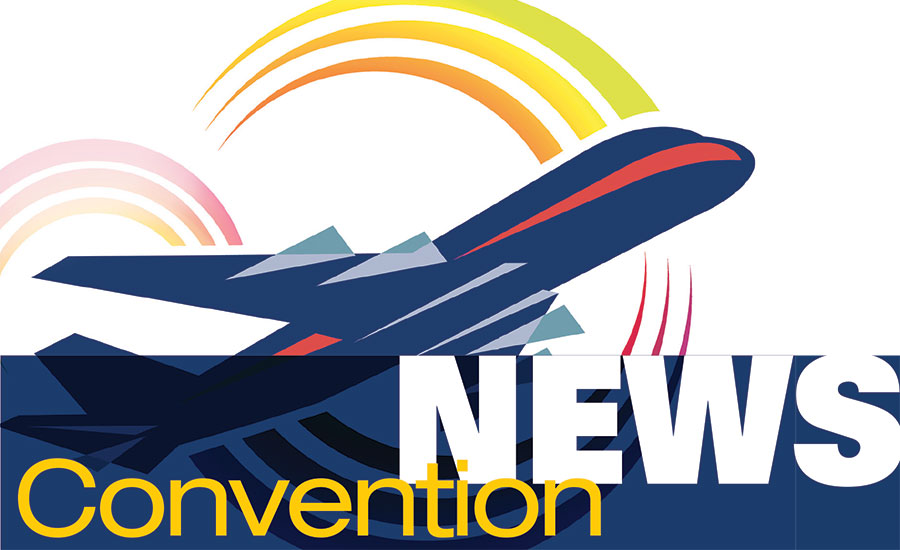Do your employees know the real cost of an injury, asked Rodney Grieve of BRANTA Worldwide. During a Learning Lab Monday at NSC he offered tips on how to defend profits and protect your employees while proving value, gaining cooperation and saving lives.
Grieve discussed commonly-used language in the profession and said the words we use connote different behavior, sometimes in a negative light.
He said an accident is “derived from the Latin accident, meaning unwanted quality or chance” and the word focuses on the result, not the initial unsafe behavior. In contrast, the word incident is defined as “an action likely to lead to grave consequences” and focuses on the unsafe act or behavior, regardless of the outcome.
Grieve also said an investigation looks for blame, not cause, and elicits negative response from those needed to participate in error analysis. However, analysis identifies potential causes and elicits positive response from those who are willing to participate in an opportunity to improve.
One thing Grieve mentioned surprised many in attendance. “The industry needs to ban safety meetings,” he said. “It’s not that I don’t think we need to talk about safety, but that conversation abut safety needs to happen in the same place and go on in the same context and led by the same people who are talking about productivity and quality.”
He said all three should be discussed simultaneously without separating the safety aspect, so that when one thinks of job requirements, safety is a given rather than an afterthought.
He spent some time talking about the definition of success and the phrase “get it done” as something employees should not strive for. He suggested changing the definition of success to not only simply getting the job done but incorporating quality, safety and productivity into that success.





